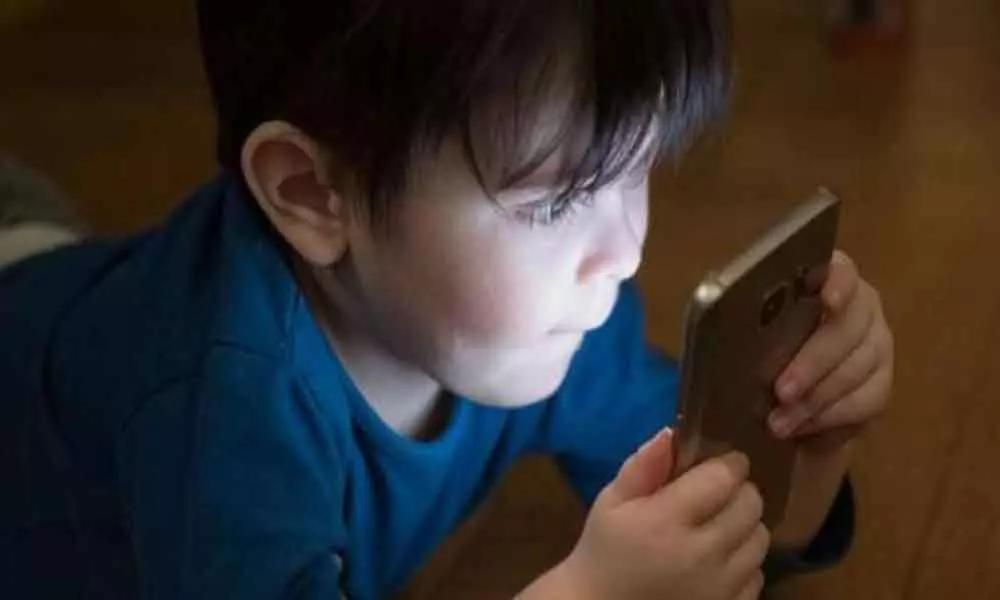Facebook use may not make kids depressed: Study

The amount of time spent on social media is not directly adding to the anxiety or depression issues in teenagers, say reseachers from Brigham Young University.
The amount of time spent on social media is not directly adding to the anxiety or depression issues in teenagers, say reseachers from Brigham Young University.
The study, published in the journal Computers in Human Behavior, shows that it is not merely the amount of time spent on social media that's leading to an increase in depression or anxiety among adolescents.
"We spent eight years trying to really understand the relationship between time spent on social media and depression for developing teenagers," said study author Sarah Coyne, Professor at Brigham Young University in the US.
"If they increased their social media time, would it make them more depressed? Also, if they decreased their social media time, were they less depressed? The answer is no. We found that time spent on social media was not what was impacting anxiety or depression," Coyne added.
Mental health is a multi-process syndrome, where no one stressor is likely to be the cause of depression or anxiety. For the study, researchers worked with 500 youth between the ages of 13 and 20, who completed once-yearly questionnaires over an eight-year span.
Social media use was measured by asking participants how much time they spent on social networking sites on a typical day.
To measure depression and anxiety, participants responded to questions with different scales to indicate depressive symptoms and anxiety levels.
These results were then analyzed on an individual level to see if there was a strong correlation between the two variables. At age 13, adolescents reported an average social networking use of 31-60 minutes per day. These average levels increased steadily so that by young adulthood, they were reporting upwards of two hours per day.
According to the researchers, this increase of social networking, though, did not predict future mental health. That is, adolescents' increase in social networking beyond their typical levels did not predict changes in anxiety or depression one year later.
Researchers suggest some healthier ways to use social media: Be an active user instead of a passive user. Instead of just scrolling, actively comment, post and like other content.
Limit social media use at least an hour before falling asleep. Getting enough sleep is one of the most protective factors for mental health, the researchers said.














